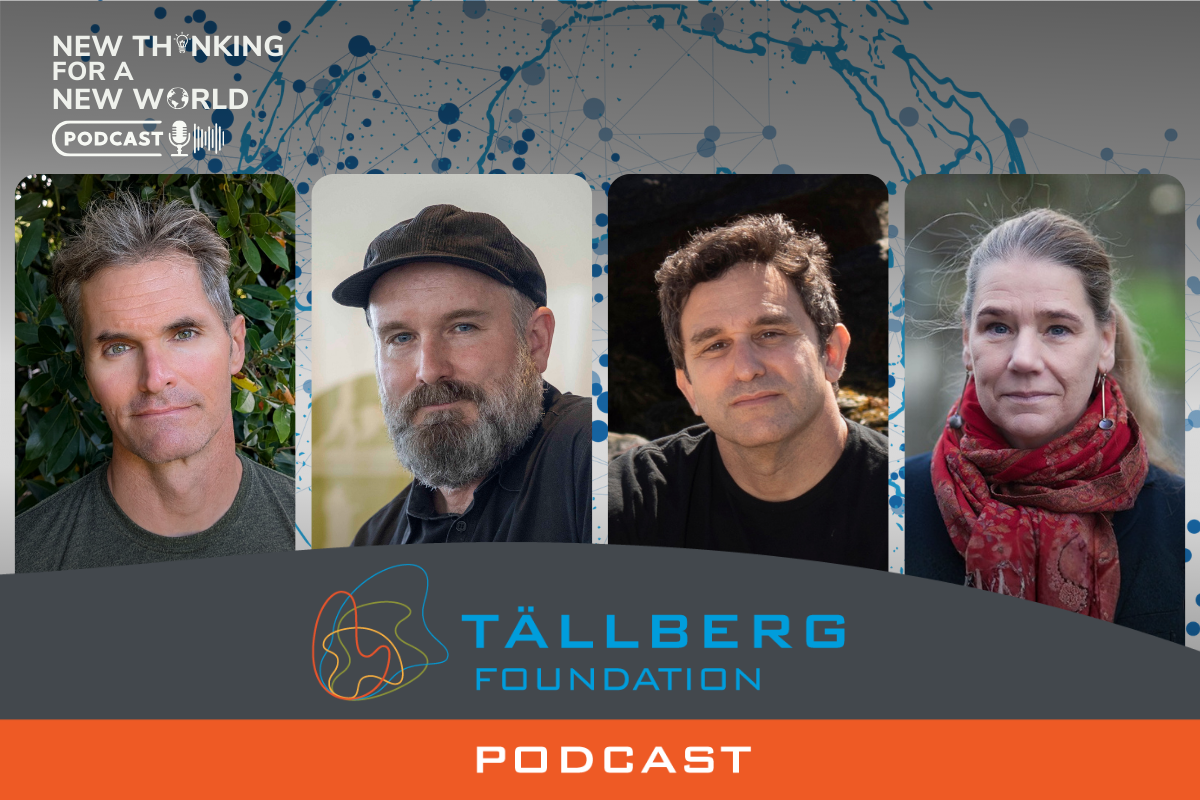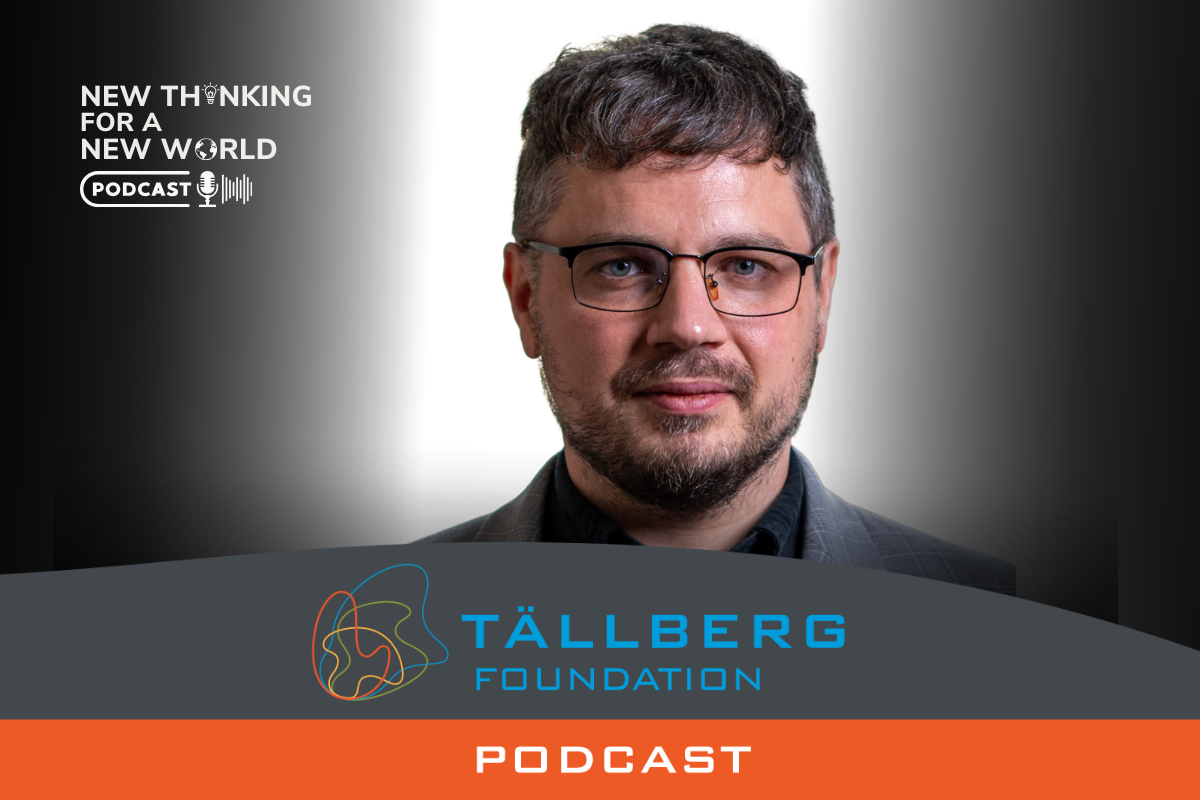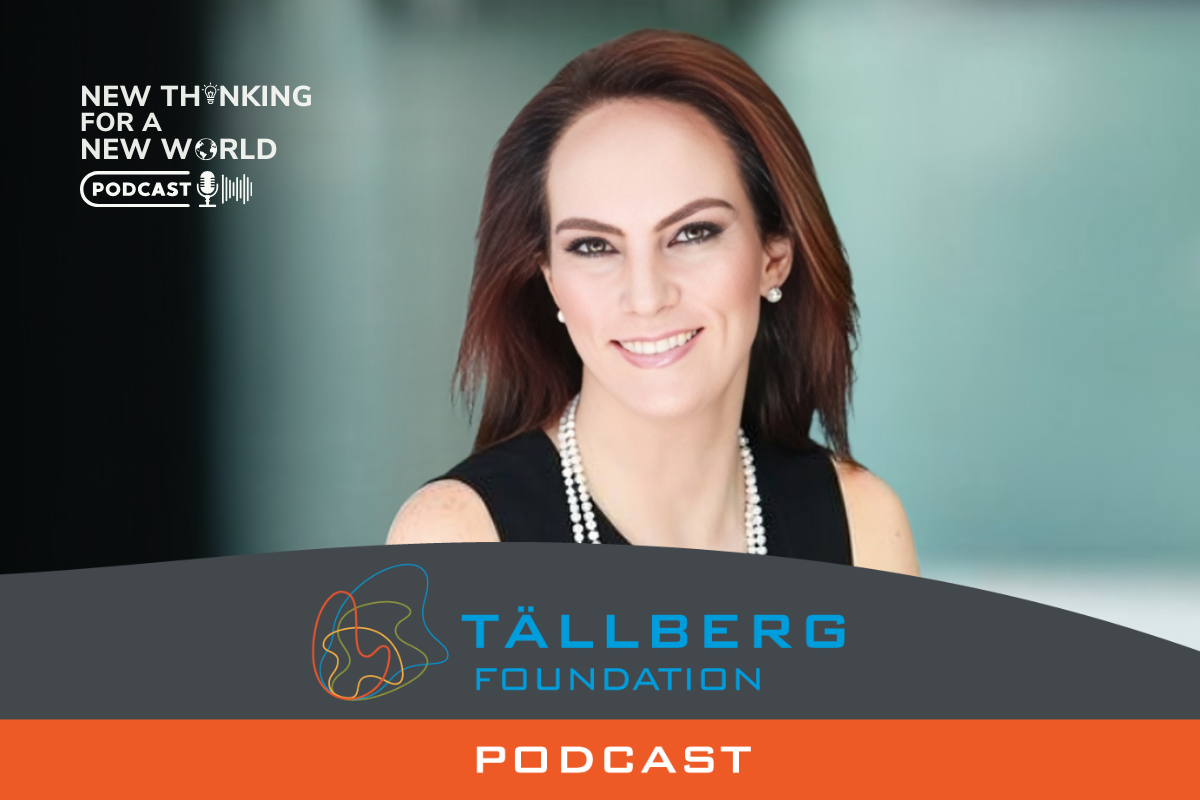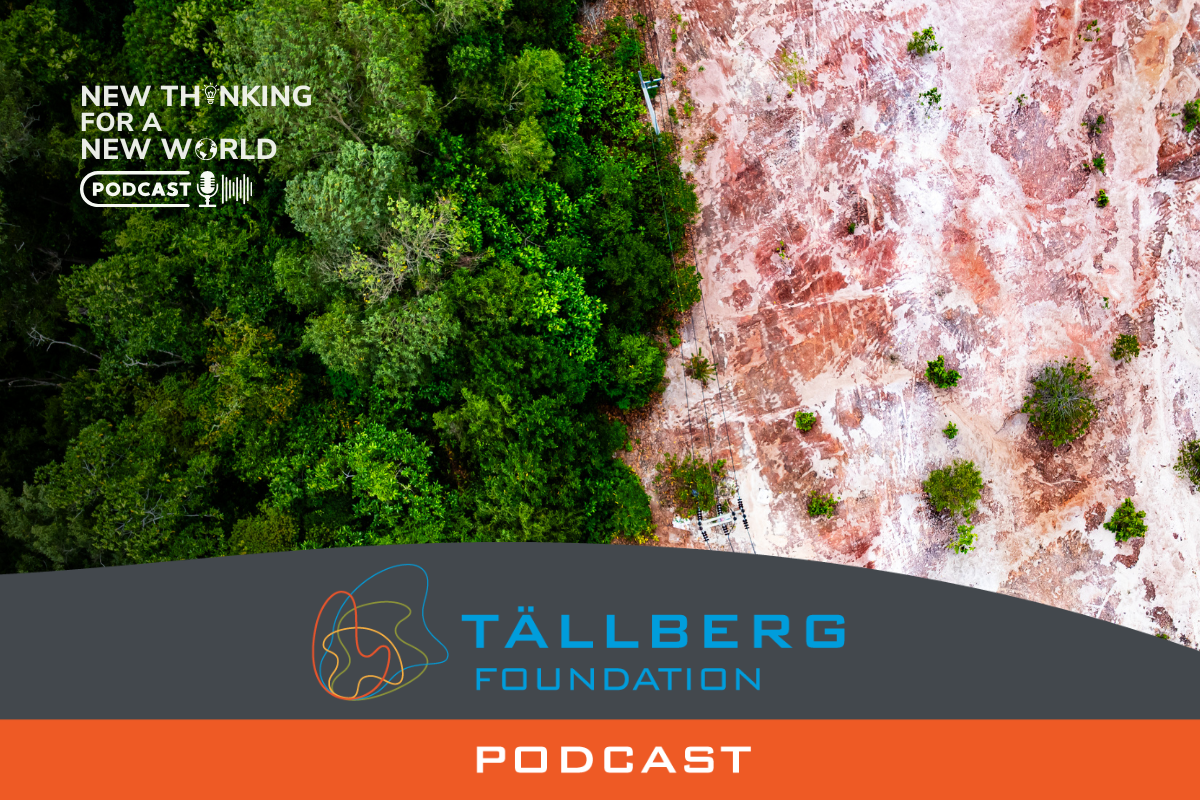In 2015 the nations of the world—with much fanfare—agreed to achieve gender equality by 2030 as one of the U.N.’s “Sustainable Development Goals.” With the approach of the 10-year anniversary of that declaration, it’s obvious to even the UN statisticians that there is no possibility the goal will be realized. Indeed, if you want to be depressed (or, perhaps, angered) Google “gender inequality” and you will learn that the World Economic Forum has run the numbers and decided that “gender parity is 131 years away.”
Nonetheless, there is good news: gender gaps in some countries are being closed faster than ever, especially in Europe and North America. The bad news: there has been much less—if any—progress in most of the Global South, although there are important exceptions in countries like Saudi Arabia, UAE, Singapore, and Chile.
That should be unsurprising to anyone who wanders the world with eyes open, not shut. If so, then it’s probably also not surprising that new approaches are necessary to realize the full human potential of billions of women around the world. That almost certainly means a complete reframing of how to think about the issue as well as about possible solutions.
That is why we invited Zubaida Bai, CEO of the Grameen Foundation to join us on New Thinking for a New World. She believes that gender equality is not only essential but possible—and that it requires significant systems change to happen.
Please tell us what you think in the comments below
***
Find the New Thinking for a New World podcast on a platform of your choice (Apple podcast, Spotify, Google podcast, Youtube, etc.)
ABOUT OUR GUEST
Zubaida Bai is Grameen Foundation’s President and CEO. Beginning her career as a mechanical engineer, Zubaida transitioned into the social impact space after visiting a midwife in rural India.
Bai went on to found ayzh, a social enterprise that designs vital hygiene and reproductive healthcare products to women and girls in resource-poor settings. She was also the managing director of social ventures at CARE International.
In 2022, Bai joined Grameen Foundation as the President and CEO, advancing Grameen’s work to invest in women’s power by reframing the role of gender in the local and global economy, with the goal of ending poverty and hunger in our lifetime.
She holds a master’s degree in Mechanical Engineering and an MBA from Colorado State University. She was also conferred with an Honorary Doctor of Humane Letters degree by Claremont Graduate University in 2018 for her ability to work at the intersection of multiple sectors seamlessly, and to energetically bring her unique insights and fresh perspective to all societal challenges.




Love as the Foundation of Equality
Equality cannot simply be legislated or imposed; it must be rooted in love—the unconditional recognition of value in every individual. Women, as expressions of divine love, are pivotal in this transformation. When systems are designed with love as the guiding principle, they will naturally align with inclusivity, nurturing environments where women can thrive.
Redefining Empowerment Through Love
From Competition to Collaboration:
Instead of measuring progress by how much women “compete” in male-dominated spheres, we must ask: How do systems reflect the unique qualities women bring to the table? True empowerment comes from recognizing and celebrating these differences, creating a space where feminine wisdom complements and balances the world.
Educating the Heart, Not Just the Mind:
Progress lies not just in policy but in awakening love in individuals. Education systems should prioritize emotional intelligence and empathy, empowering boys and girls to see themselves as partners, not rivals.
Localized, Love-Centric Solutions:
While macro-level goals like the UN’s are vital, real change begins in communities. Women in the Global South, for instance, often navigate deeply entrenched patriarchal systems. Supporting them requires approaches that honor their cultural contexts while fostering environments where their inherent power shines.
The Role of Women as Love Beings
Historically, women have been the nurturers and guardians of love in families and communities. This isn’t a limitation—it’s a superpower. When women embrace their identity as Love Beings, they inspire transformation around them, healing the systems that suppress their voices.
Fostering Unity:
Women can act as bridges in polarized societies, using their natural capacity for empathy to unify fractured communities.
Leading with Love:
Female leaders are most impactful when they lead with compassion and inclusivity, challenging the notion that leadership must be hierarchical or domineering.
Systems Change Anchored in Love
Zubaida Bai’s call for systemic reform resonates deeply. However, I see these changes as not just structural but vibrational—systems must elevate their frequency to align with love. This involves:
Deconstructing Patriarchal Narratives:
Love does not dominate; it harmonizes. Systems that prioritize domination must shift toward cooperation, allowing women and men to co-create equitable futures.
Elevating Women’s Voices:
The systems of tomorrow must amplify the voices of women who have long been silenced, particularly those in the Global South. When these voices are infused with love, they hold the power to rewrite oppressive narratives.
The Ripple Effect of Love
When women are empowered to express love fully—in their homes, workplaces, and communities—the ripple effect is profound. Children raised in such environments grow to embody the same principles, gradually dismantling the structures of inequality.
Vision for 2030 and Beyond
Rather than fixating on whether gender equality will be achieved by 2030, let’s focus on this question: How can every woman awaken to her nature as an expression of infinite love, becoming a beacon of transformation in her sphere? Progress may not fit into neat timelines, but it becomes inevitable when love leads the way.
This isn’t just about achieving equality; it’s about restoring balance to existence itself, where every being—regardless of gender—is free to grow in bliss and unity.